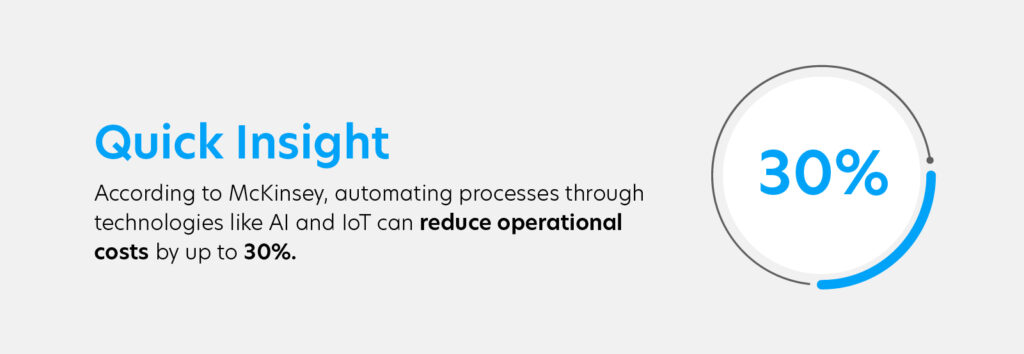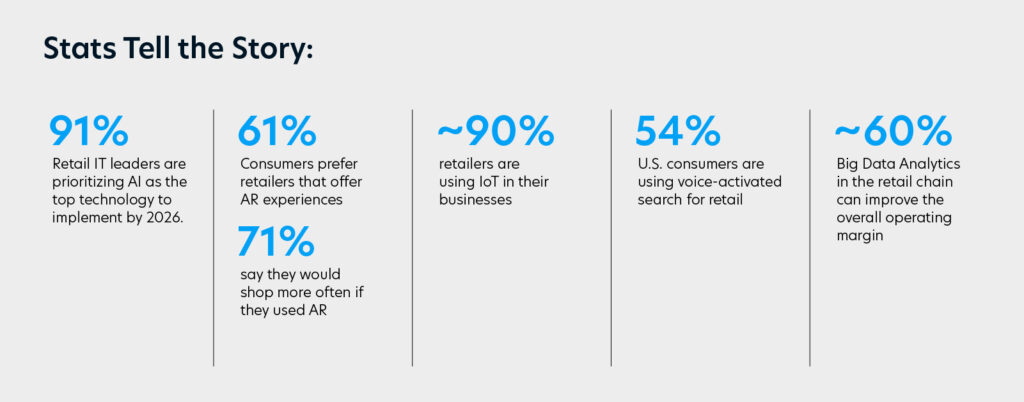As the retail landscape continues to evolve rapidly, retail leaders must adapt to emerging trends and shifting consumer expectations over the next five years. Strategic priorities will play a crucial role in navigating this dynamic environment, focusing on enhancing customer experiences, integrating digital and physical channels, and fostering sustainability. By embracing innovation and leveraging advanced technologies, retail leaders can not only meet the demands of today’s consumers but also build resilient organizations that thrive in an increasingly competitive market.
Customer-Centric Innovation: Focus on understanding and anticipating customer needs through data analytics and feedback mechanisms. Enhance personalization in marketing and product offerings.
Omnichannel Integration: Develop seamless experiences across online and offline channels, ensuring consistent branding and customer service to meet consumers wherever they are.
Sustainability Initiatives: Embrace eco-friendly practices and transparent supply chains, responding to growing consumer demand for sustainability and ethical business practices.
Technology Adoption: Invest in advanced technologies such as AI, machine learning, and augmented reality to improve operations, enhance customer experiences, and drive efficiency.
Agile Supply Chain Management: Build resilience by diversifying suppliers, adopting just-in-time inventory practices, and leveraging technology for real-time visibility and responsiveness.
Digital Marketing Strategies: Enhance digital presence through targeted social media campaigns, influencer partnerships, and content marketing to engage customers effectively.
Employee Empowerment and Training: Prioritize workforce development by providing training in digital tools and fostering a culture of innovation and agility.
Data Security and Privacy: Strengthen measures to protect customer data and ensure compliance with regulations, building trust and loyalty among consumers.
By prioritizing these areas, retail leaders can effectively navigate the evolving landscape and position their businesses for sustained growth and success.



